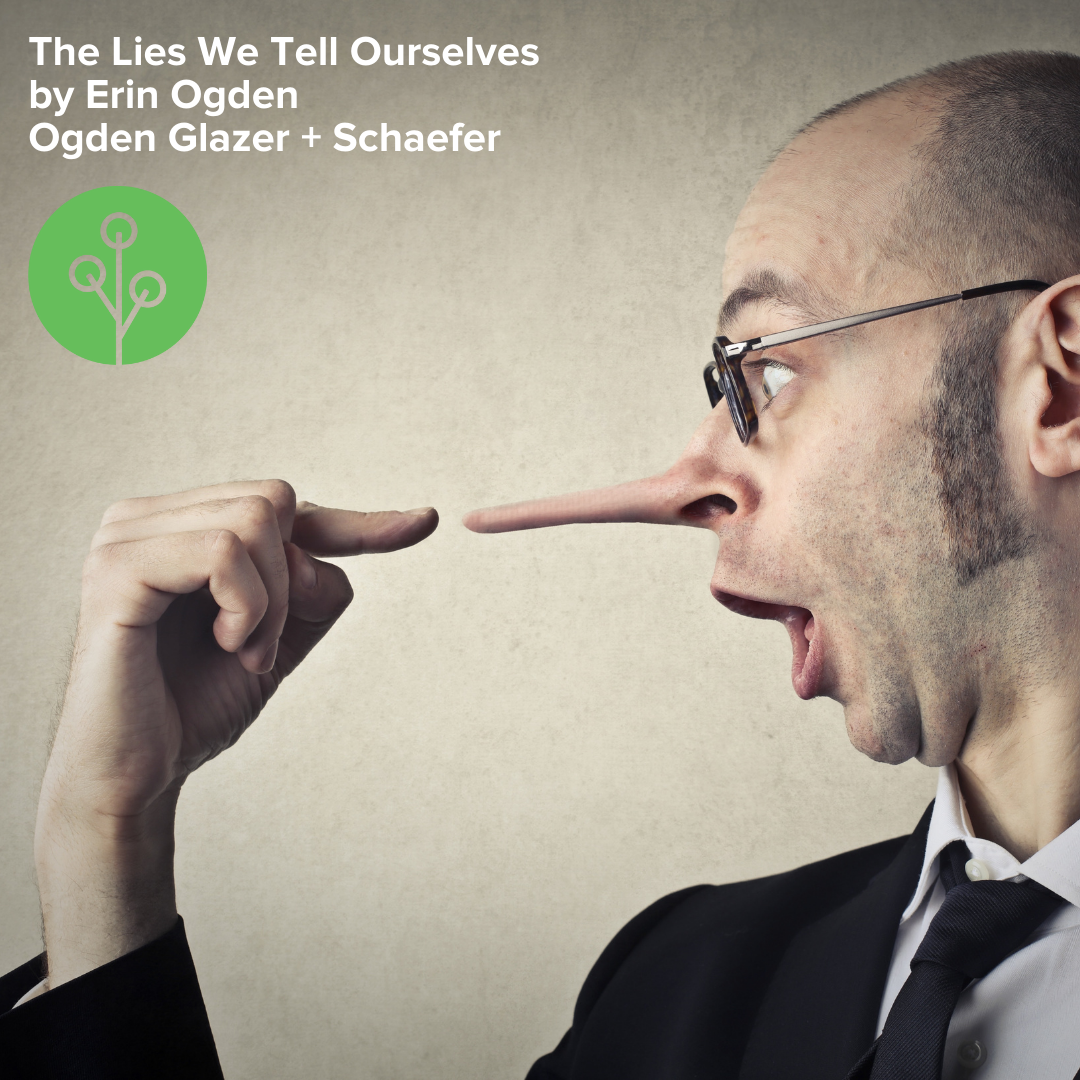Perhaps you’ve seen the meme that tells us that we all have the same number of hours in our day as Beyonce, and look at all that she has accomplished so get going. Clever, but the meme doesn’t include that she doesn’t wake up in the morning and say, “Hmm, what am I going to do today?” And she doesn’t do it alone. What does she have? Plans and people. Guess what? So can you.
We all have stories that we tell ourselves. Many of it is true. Some – not so much. Some things are lies. Lies we want to believe in but shouldn’t. Why do we believe? Sometimes it’s because we’ve been told them so many times in so many ways by others that we internalize them. Sometimes it’s because it is easy. Almost always it’s because we never actually stopped to examine them and see if they are true.
For example, we are supposed to get all the things on our list done. How do we accomplish “all the things”? We don’t. We may say we are going to do so. We write them down and doggedly work through them, but the list gets longer even as things get checked off.
The first lie we tell ourselves (and others) is that “I’m so busy!” and then equate productive for busy. Busy is a lot of flurries and no accumulation. It obscures your sight and your forward progress. Productive is targeted action, which leads to progress.
It seems if you’ve talked to any accountant or business coach, you’ve heard some version of the Pareto Principle. The Pareto Principle, named after economist Vilfredo Pareto, specifies that 80% of consequences come from 20% of the causes. It shows that there is often a fairly unequal relationship between inputs and outputs. Hence its alias: The 80/20 Rule – This often is also expressed as 80% of your income comes from 20% of your clients or 80% of your problems come from 20% of your clients. But it also could be read to say that 20% of your actions will drive 80% of your returns. So let’s pick that 20% with care so the 80% gets us much closer to where we want to be.
How do you pick the 20%? Priorities. The only way to be able to focus on what is important is to reduce the number of things that are important and that demand your focus.
As 2023 winds down and our attention turns towards the new year, let’s look at how we can purposely move forward towards where we want to be. What is your 20% that will bring you the biggest impact?
Thanks for reading, Erin

